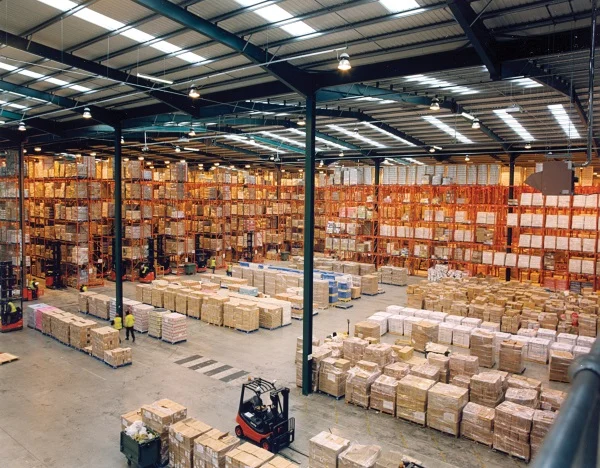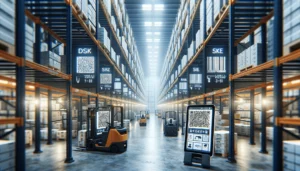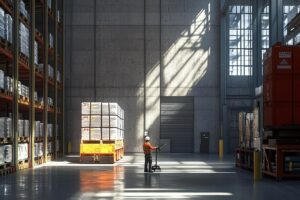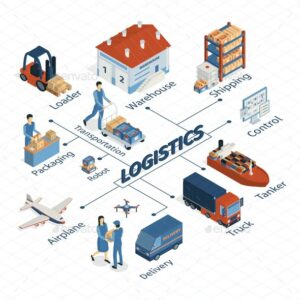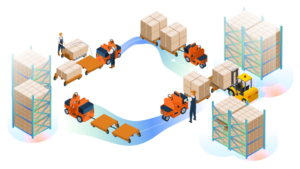News
Akash Storage real-time tracking in India marks an important step in digital logistics. Akash Storage has launched a new real-time tracking system to improve efficiency and transparency across its 3PL operations. This upgrade supports businesses that need fast, accurate, and reliable supply chain visibility.
![]() First of all, the new system gives customers full visibility. Clients can check inventory levels at any time. They can also track shipment status and warehouse movement. All information appears on a single digital dashboard.
First of all, the new system gives customers full visibility. Clients can check inventory levels at any time. They can also track shipment status and warehouse movement. All information appears on a single digital dashboard.
As a result, planning becomes easier. Businesses can avoid delays. They can also respond quickly to demand changes. Because of this, confidence in logistics operations increases.
Moreover, Akash Storage real-time tracking in India improves daily warehouse operations. Teams can monitor goods movement inside the facility. If an issue appears, they can act early.
Therefore, errors reduce. Accuracy improves. Operations become smoother and faster. This leads to better service quality for customers.
Moreover, Akash Storage real-time tracking in India improves daily warehouse operations. Teams can monitor goods movement inside the facility. If an issue appears, they can act early.
Therefore, errors reduce. Accuracy improves. Operations become smoother and faster. This leads to better service quality for customers.
Furthermore, Akash Storage shared that this launch supports its long-term strategy. The company aims to build a smarter and more reliable 3PL network in India.
Along with tracking tools, Akash Storage continues to invest in digital systems. These systems improve transparency and trust. They also support data-based decisions.


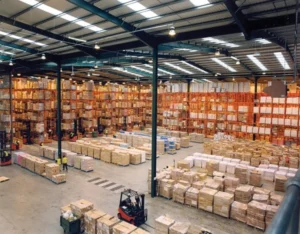
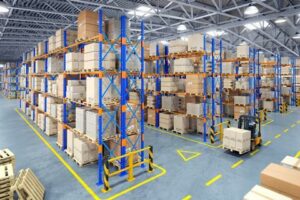
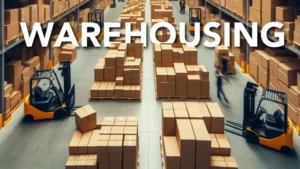
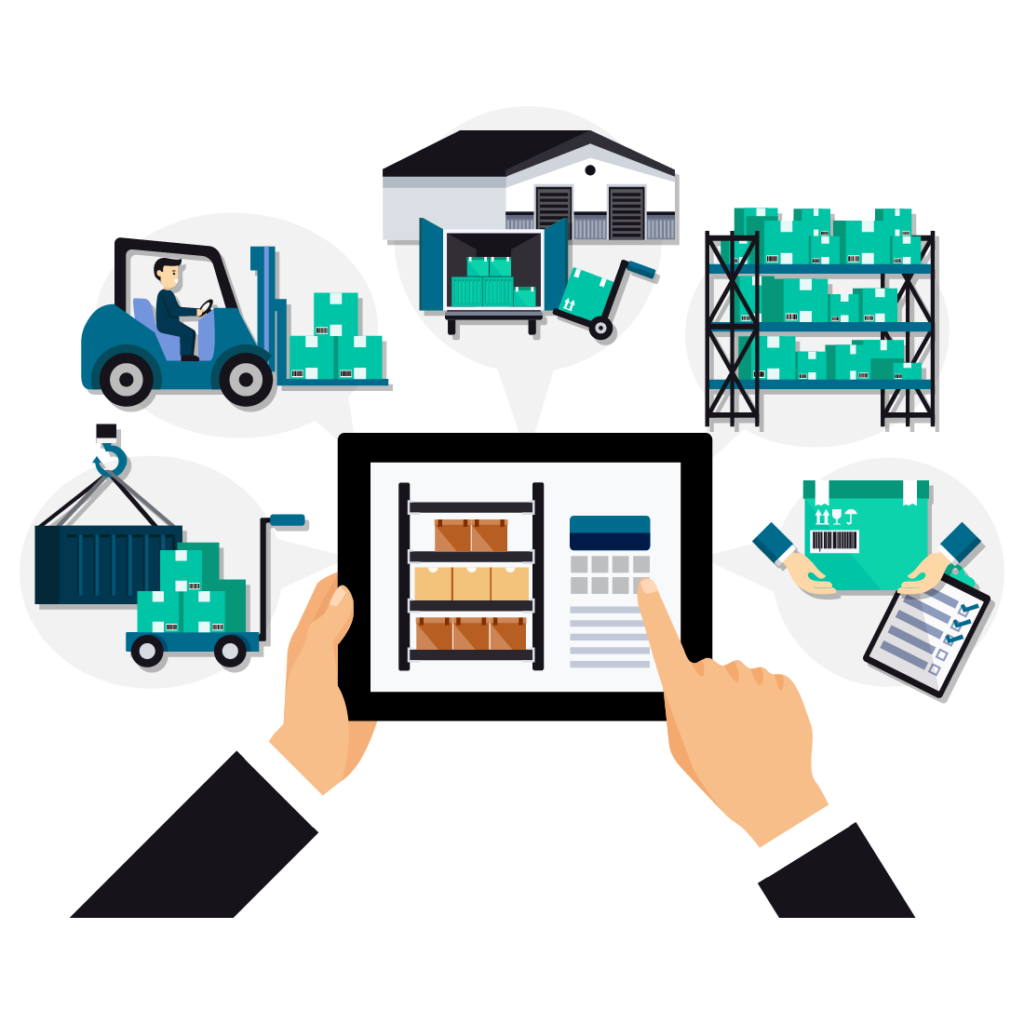 The Power of Automation
The Power of Automation